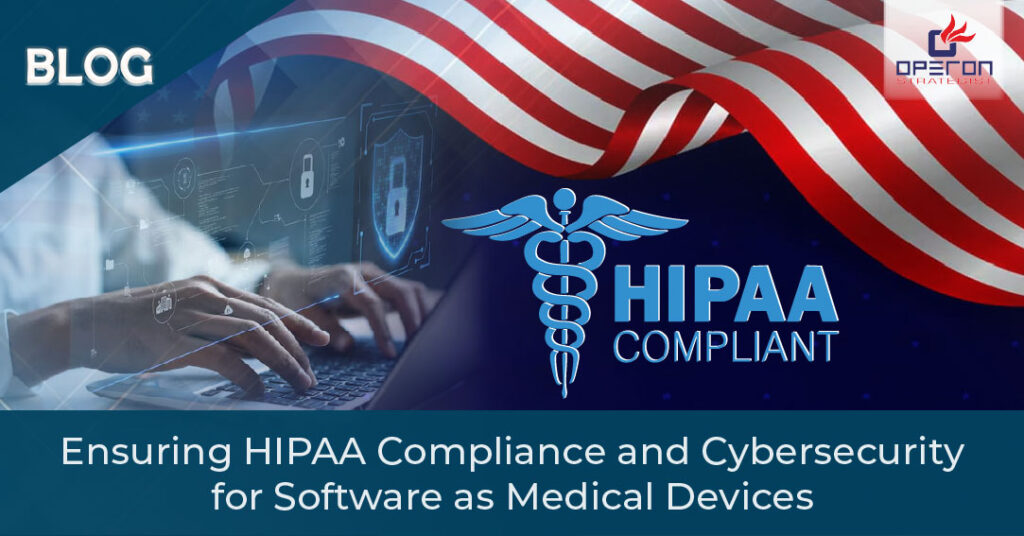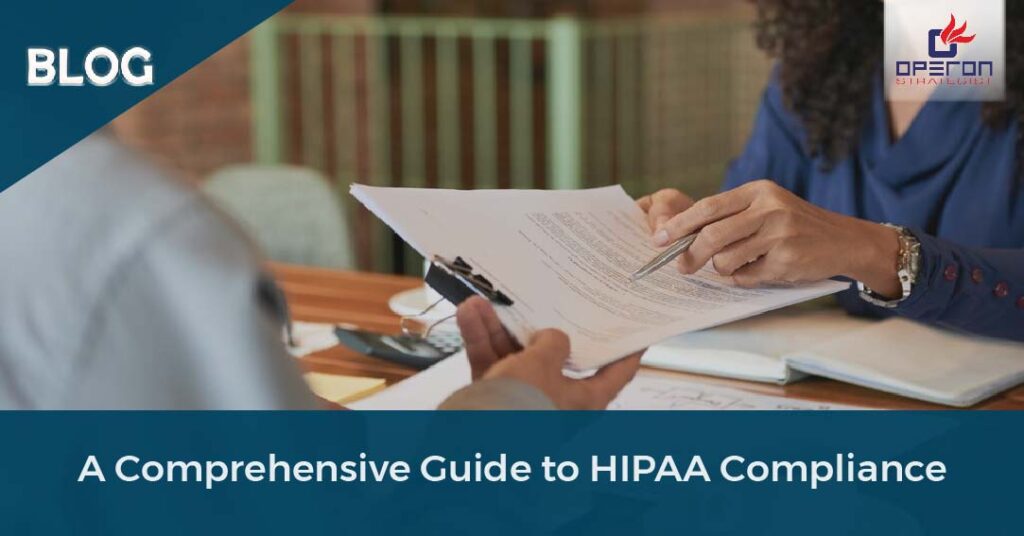
As healthcare increasingly embraces digital transformation, Software as a Medical Device (SaMD) is revolutionizing patient care. However, with this advancement comes significant responsibility—especially regarding HIPAA compliance and cybersecurity. If you’re a medical device startup or SaMD developer in the USA, understanding and implementing these safeguards is critical to success and patient safety.
What Is Software as a Medical Device (SaMD)?
Software as a Medical Device (SaMD) refers to software intended to be used for medical purposes without being part of a hardware medical device. Examples include:
- Diagnostic apps for detecting cardiac abnormalities
- AI-based radiology tools
- Mental health monitoring apps
- Mobile applications for insulin dosing calculations
As these tools handle sensitive health data, ensuring HIPAA compliance and robust cybersecurity becomes a legal and ethical necessity.
What is HIPAA?
The Health Insurance Portability and Accountability Act (HIPAA) is a federal law that mandates data privacy and security provisions to safeguard protected health information (PHI). Any SaMD that stores, transmits, or processes PHI must comply with HIPAA.
Key HIPAA Requirements for SaMD Developers
- Privacy Rule: Protects the confidentiality of individually identifiable health information.
- Security Rule: Requires appropriate administrative, physical, and technical safeguards.
- Breach Notification Rule: Mandates prompt notification to patients and authorities in case of a data breach.
Is Your SaMD a Covered Entity or Business Associate?
If your SaMD provides services to healthcare providers, insurers, or other covered entities, you may be considered a business associate under HIPAA. That means you’re legally required to sign Business Associate Agreements (BAAs) and ensure data protection protocols are in place.
Cybersecurity for Software as Medical Devices
Why Cybersecurity Matters
Cyberattacks on healthcare systems are on the rise. SaMDs are especially vulnerable due to their cloud-based nature, mobile deployment, and constant data exchange. Failing to implement strong cybersecurity measures can lead to:
- HIPAA violations
- Patient safety risks
- Regulatory fines
- Loss of trust and reputation
Best Practices for SaMD Cybersecurity
- Data Encryption: Encrypt PHI at rest and in transit using strong encryption standards.
- Access Controls: Implement strict user authentication, role-based access, and automatic session timeouts.
- Secure Development Lifecycle: Integrate cybersecurity into every stage of software development.
- Regular Security Testing: Conduct penetration testing, vulnerability assessments, and code reviews.
- Incident Response Plan: Be prepared to detect, respond to, and recover from security breaches.
Regulatory Expectations in the USA
FDA’s Role in Cybersecurity for SaMD
The U.S. FDA has issued multiple guidance documents encouraging proactive cybersecurity strategies for medical devices and SaMD. Developers must:
- Address cybersecurity risks in their premarket submissions (e.g., 510(k), De Novo)
- Maintain a post-market surveillance and risk mitigation strategy
- Demonstrate compliance with Quality System Regulations (QSRs)
Intersection of HIPAA, FDA, and Other Standards
To ensure full compliance, align your SaMD with:
- HIPAA (data privacy and breach notification)
- FDA QSR (21 CFR Part 820) (design controls and risk management)
- ISO/IEC 27001 (information security management)
- NIST Cybersecurity Framework
How Regulatory Consulting Can Help
Complying with both HIPAA and FDA cybersecurity expectations can be overwhelming, especially for startups and mid-sized developers. That’s where regulatory consulting for medical devices plays a crucial role.
At Operon Strategist, we offer end-to-end consulting to help you:
- Design HIPAA-compliant software architecture
- Implement a secure development lifecycle
- Prepare documentation for FDA submissions
- Conduct mock audits and gap assessments
Need Help with SaMD Compliance?
Whether you’re developing a new SaMD or auditing an existing one, Operon Strategist can guide you through the entire HIPAA and cybersecurity compliance process.
📞 Contact us today to schedule a consultation with our regulatory experts.

